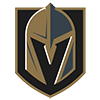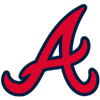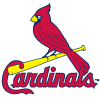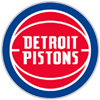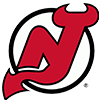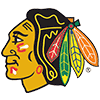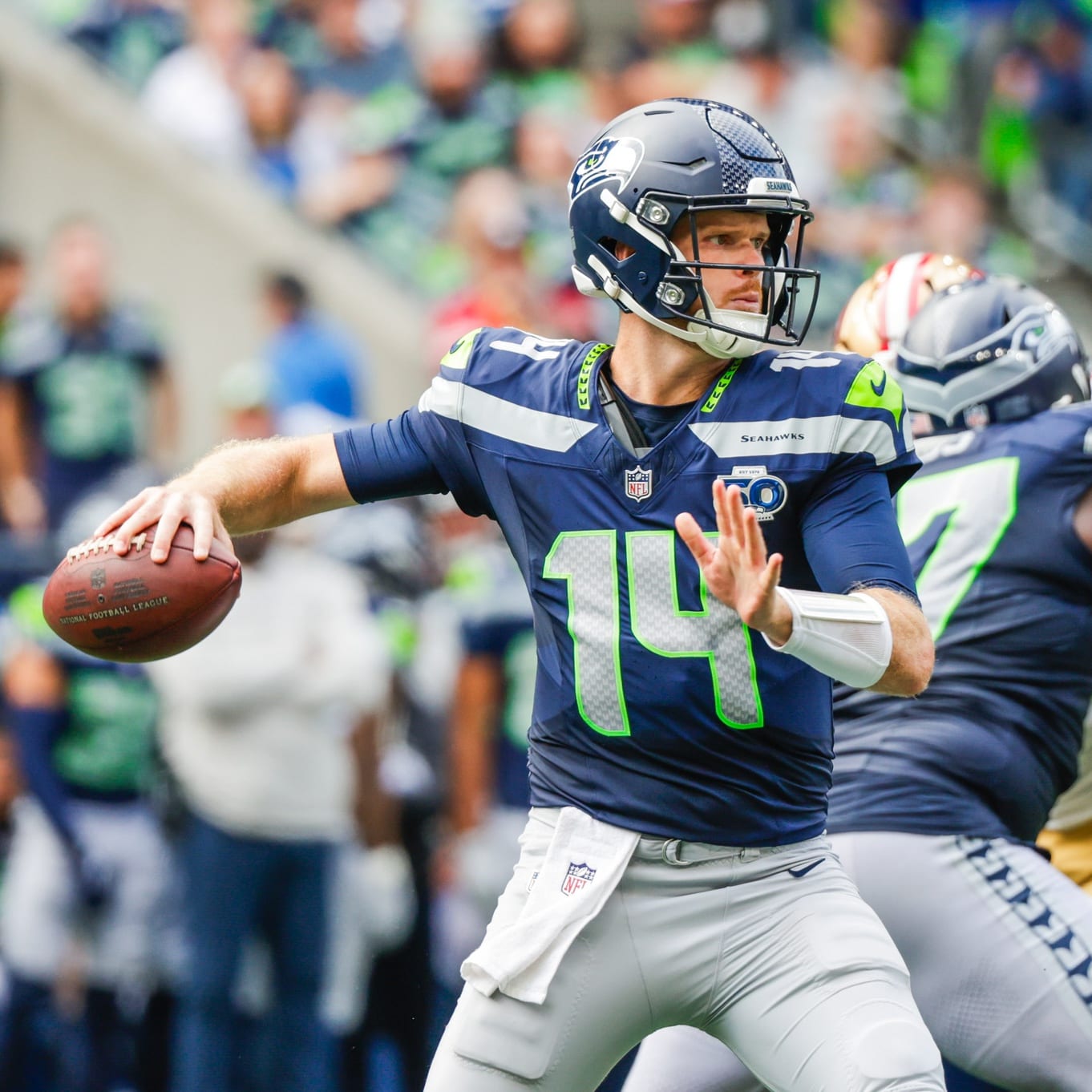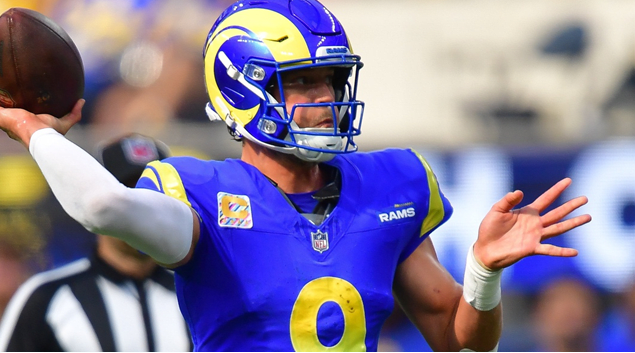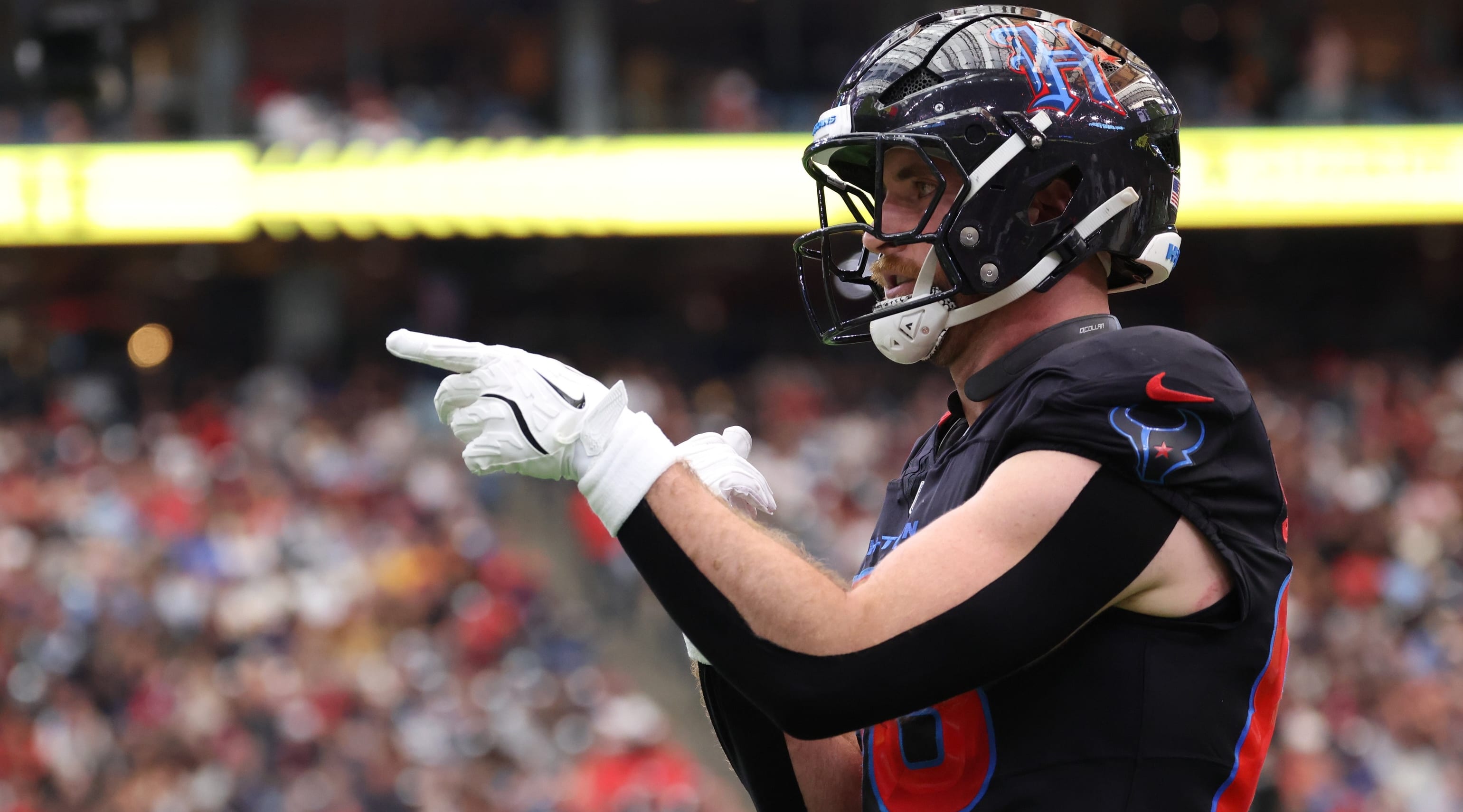During the offseason, I heard excitement from many football analysts when the Seahawks hired Ryan Grubb as their offensive coordinator. Last year, Grubb led the Washington Huskies to the NCAA title game. This hiring made me think back a few years when the Falcons hired Steve Sarkisian to run their offense. Prior to that hiring, Sarkisian had a great three-year run leading the Alabama offense in college. That experiment failed, lasting one year. A couple of years after the Sarkisian flop, the Cardinals hired Kliff Kingsbury. Arizona brought the coach in, so the team could move to the 'Air Raid' offense. Although the Cardinals had moderate success, many considered the offensive coaching a near disaster. Regardless, the Air Raid did not take root. Obviously, there were other college coaches brought in to coach NFL offenses over the years.
So, what can we reasonably expect from Grubb? My first thought was to look at history. Over the course of time, how have college coaches transitioned to the NFL? My research was not very encouraging in terms of coaches making the jump.
Ultimately, I do not bet on outliers -- not in terms of players and definitely not in terms of offensive coaches cutting their teeth in the NFL. We often see hotshot college coaches who had amazing offenses enter the pro ranks. And on almost every occasion, we see all of these transitioning coaches fail.
History of Transitioning Coaches
Why do coaches struggle when moving up to the NFL? Often college coaches gain their success for one of two reasons. First, the coaches often have significant talent advantages over the defenses they face. Also, if a coach had a scheme that was innovative, many college defenses lack the defensive talent to overcome a successful scheme -- even if the offensive talent isn't great. Once coaches get to the NFL, constant evolution is necessary. Sure, some systems have long-term success, but once the defenses catch up, micro adjustments must be made. A good system that has sustained success in the pros is one that looks very different over a long period of time. Those offenses always found a way to stay a step ahead of the defenses. Those skills are rarely needed in college programs. That often means that college coaches rarely had to live in a world where micro-adjustments were the norm.
In terms of success stories, the most common names that come to mind in terms of great coaches from the NCAA to have success in the NFL are Jimmy Johnson, Barry Switzer, Pete Carroll, Jim Harbaugh and Chip Kelly.
Of those five, I believe that Johnson was the only one to be a great college and great NFL coach. The others had extenuating circumstances that likely led to their success aside from their success in the NCAA.
Jimmy Johnson
Johnson was a championship coach in college and in the NFL. The coach is in the Pro Football Hall of Fame. Not only did Johnson lead Dallas to a pair of Super Bowls, but the team had a sustained run of excellence.
Barry Switzer
Switzer often gets credit for leading the Cowboys to a Super Bowl victory after having great success at Oklahoma. It's fair to question how much credit goes to the coach, as Switzer inherited Johnson's Super Bowl roster and they won one title. Once that roster started to break up, Switzer wasn't a factor as a coach.
Pete Carroll
Carroll did not get his success going directly from college to the pros. After coaching in college, Carroll spent 16 years coaching in the NFL. For the first 12 years of coaching in the NFL, Carroll served in various capacities as a defensive coach. Although Carroll had success as a head coach in New England (1997-1999), he was fired and went to USC. After nine years leading the Trojans, Carroll then had his great success as Seattle's head coach. In terms of this article, Carroll seemed to have a marginal impact on the offensive success of his teams. Certainly, the offense in Seattle wasn't overly innovative during Carroll's tenure.
Jim Harbaugh
Harbaugh went from Stanford to the 49ers. During his time in San Francisco, Harbaugh led the team to three consecutive conference championship games. In one of those seasons, the 49ers made it to the Super Bowl. Unlike the other coaches on this list, Harbaugh was an NFL quarterback. Even though he didn't have a great career, he led the Colts to an AFC Championship Game during his career year. Harbaugh's NFL experience may have had as much of an impact on his success as an NFL coach as his time leading Stanford.
Chip Kelly
Kelly definitely made a quick and major impact in the NFL. After coaching at the college level for 19 years, Kelly was hired as the Eagles head coach. Using a breakneck pace of play and creative schemes on offense, the coach caught the NFL off guard. As a result, the Eagles had an explosive offense and made the playoffs in Kelly's first year. The next year, Kelly was responsible for the team losing some key personnel, and the league caught up to what he was doing on offense. Two years later, Kelly was fired.
Summary
So what can we expect from Grubb as Seattle's offensive coordinator? History says that it will not work out. Successful college coaches do not come in and take the league by storm. Also, Grubb did not come up with some exotic offense in college that could confuse the NFL defenses. The good news is that the Seahawks have excellent talent on the offensive side of the ball. Even if Grubb is adequate as a coach, the Seahawks should have some success on offense.
One important note is that the former offensive coordinator, Shane Waldron seemed to get the most out of Geno Smith. Smith did very little in his first eight years in the league. In the past two years when Smith worked with Waldon, Smith had the only two good seasons in his career.
However, history shows that it's improbable that Grubb raises the offense beyond its current talent level. Also, if Grubb can't continue the great work that Waldron did with Geno Smith, things could become a mess in Seattle very quickly.










